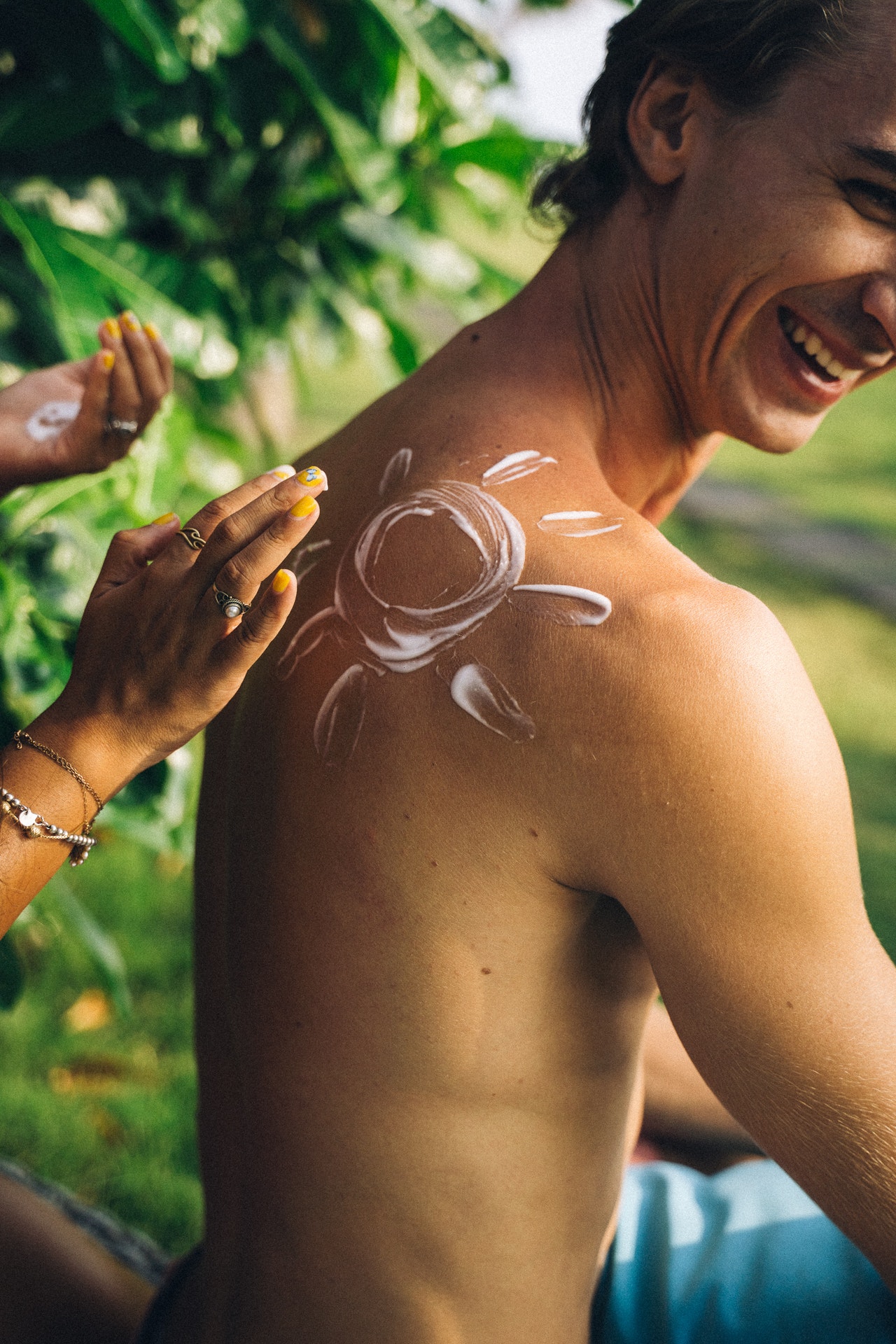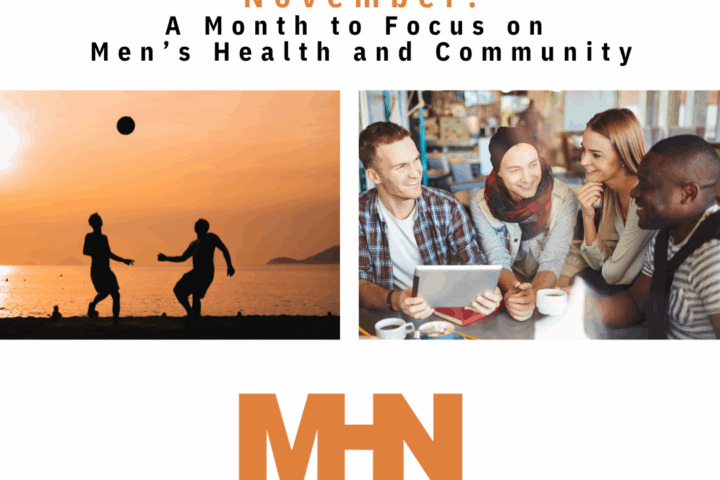Summer is upon us, and while that means more time for fun in the sun, it’s important to be cautious of the risks attached to overexposure to harmful UV rays. Melanoma is a particularly deadly disease, and is one of the more serious cancers that men are at a high risk of developing. Compared to women in the same age group, men are 55% more likely to die of melanoma. This is largely attributed to factors including less knowledge about the risks, more time spent outside doing things like yard work, and biological differences in men’s skin. Prevention is based on education and proactive actions taken to check in on skin health. The following tips will help you achieve healthier skin and a healthier life.
1. Avoid peak sun hours
Between 10:00 am and 3:00 pm, the sun is around its peak, so if you have weekend plans, make sure to wear your sunscreen or save your activities for later in the day. You may want to leave the weekend mowing for later in the afternoon. It’s also important to note that even on cloudier, windy days, UV rays can still be quite strong—even if you feel cool. There are plenty of ways to keep track of the UV index, and the best one is by checking the weather app on your phone. In addition to providing the temperature, humidity, chance of rain, and so on, it will also give you a UV Index number on a scale of 0-10. 0-2 means minimal risk of burning, 3-5 low risk, 6-7 moderate risk, and 8-10 high risk of harm from unprotected sun exposure. That said, fair-skinned people and young children should be especially cautious due to the likelihood of burning faster than the average person.
- Use sunscreen and wear protective clothing
There’s a misconception that people with darker skin don’t need to use sunscreen and that they are immune from developing skin cancer. “Although darker skin does offer some protection from ultraviolet (UV) light, it does not mean that these individuals are not at risk for skin cancer,” says Dr. Vincent Marchello, Fidelis Care Chief Medical Officer. Black people are four times more likely to be diagnosed with a more advanced stage of melanoma. Due to how aggressive the cancer is in its later stages, it’s much harder to properly treat it, so the likelihood of death increases significantly
If you’re outside enjoying the sunshine, a best practice to consider would be to make sure you apply an ample amount of sunscreen to all parts of your body that will be exposed. The Academy of Dermatology points out that, while men have thicker skin, it has less fat beneath and contains more collagen and elastin—all of which contribute to a higher likelihood that their skin will be damaged by UV rays. When picking out sunscreen, make sure to choose one that’s waterproof and read the suggestion on how frequently to reapply. Most brands suggest reapplying every 30 to 60 minutes and immediately after swimming or excessive sweating. Using a broad-spectrum SPF of 30 or higher will block 97% of harmful UVA and UVB rays. Looking for an extra layer of protection? Wear long sleeve shirts, pants, a hat, and sunglasses when possible. If you’re concerned about overheating, stick to shadier pathways when you’re outside, and be sure to stay hydrated throughout your day.
- Routine skin exams
You know your body best, so keep an eye out for anything that may seem different or unusual about your skin. Many times, melanoma can look a lot like a freckle, mole, or birthmark. Doctors recommend checking once a month for irregularities in the color, shape, and size of these spots, as well as the appearance of new ones. If there are significant, painful, or itchy changes to the surface of a mole see oozing, scaling, or bleeding, immediately set up an appointment to have a health professional look at it. Even if you don’t notice anything new or different, have your primary care physician or a dermatologist assesses your skin at least once a year—especially if you have a history of skin cancer in your family or you’re someone with darker skin. It can be stressful to be so wary, but early-detection is the best way to ensure that you have the best chance to catch—and treat—any cancers.
Photo by Anna Tarazevich from Pexels




